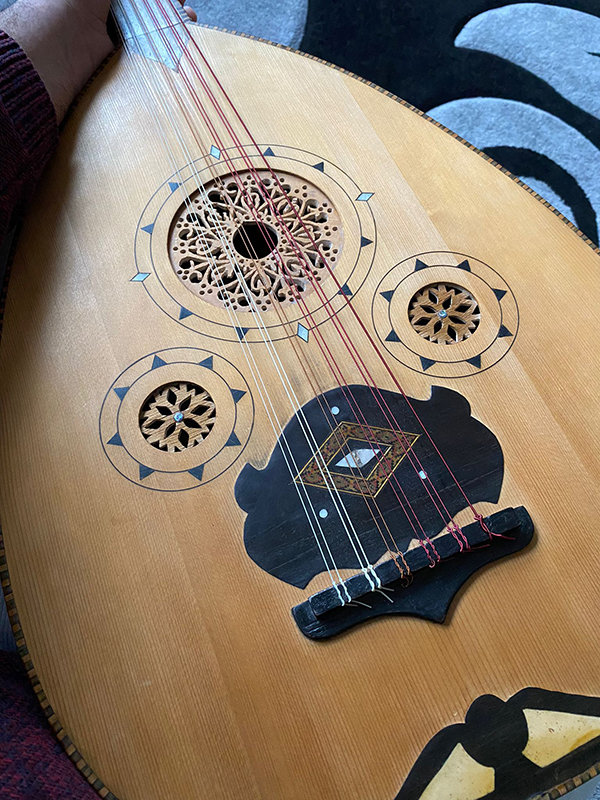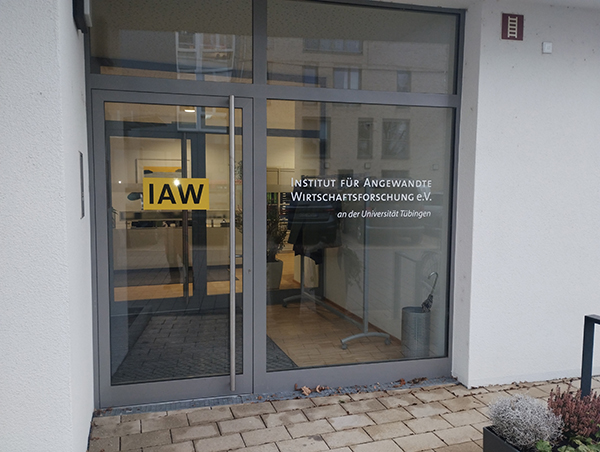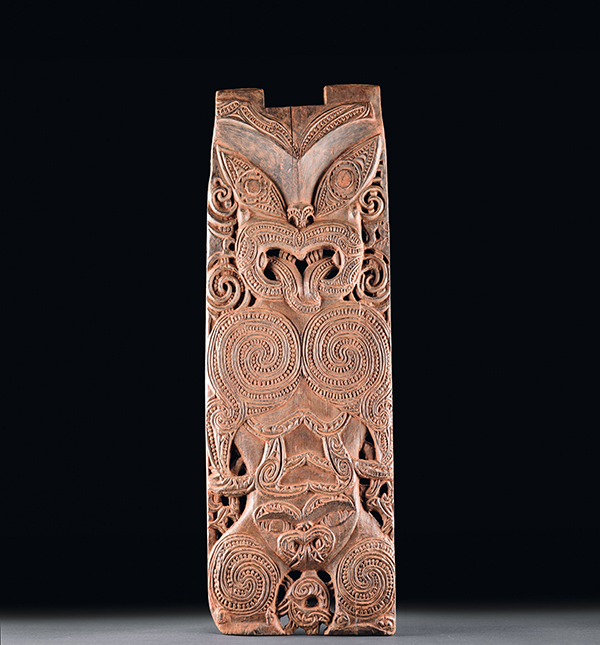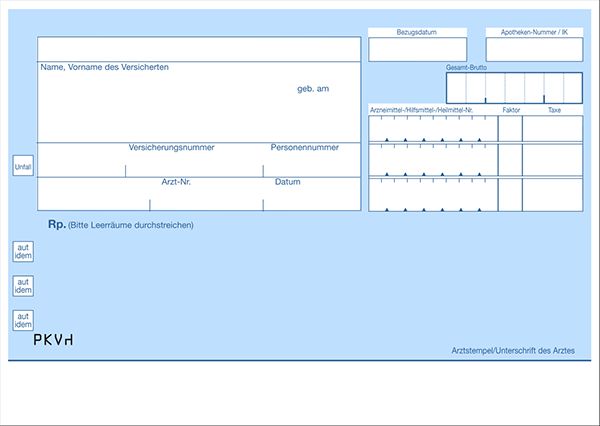By Oula Mahfouz Whether it’s Fasnet, Fasching or Carnival: the jesters are ready for their most important days of the year. The highlight of the carnival season begins on “schmotziger Donnerstag”. This year it is on February 8. In the days that follow, there are parades, children dress up and paint their faces, and some adults also hide their faces behind scary masks and slip into colorful costumes. On Ash Wednesday, February 14, it’s all over. The biggest parade in the region takes place on Sunday, February 11 in Rottenburg. The carnival tradition is firmly anchored in the Christian calendar… Read More
Category: 992-INTEGREAT
Law on faster deportation passed
Rejected asylum seekers are to be deported from Germany more quickly in future. After the Bundestag, the Bundesrat also approved the “Act to Improve Repatriation” at the beginning of February. This law is controversial. Various groups from human rights organizations to sea rescue are protesting against it—as well as demonstrators in Tübingen. Among other things, the law provides for criminals to be deported more quickly. As a rule, deportations will no longer be announced. Authorities have more opportunities to search—for example, for documents to determine the country of origin. Police officers are also allowed to search rooms other than the… Read More
A new law will make naturalisation easier from April
Members of the German Bundestag have made it easier to obtain German citizenship. The bill to modernise citizenship law was passed on 19 January 2024 by 382 votes to 234 with 23 abstentions. The CDU/CSU and the AfD voted against the new law. The new law is expected to come into force in April. The most important changes at a glance: The period of residence in Germany required for naturalisation will be reduced from the current eight to five years. In the case of “special integration achievements”, naturalisation will be possible after just three years—for example in the case of… Read More
About the millennia-old musical tradition of the Arabic oud
By Sameer Ibrahim The oud is a short-necked lute that is considered one of the most important musical instruments in the Arab world. The oldest depiction of an oud can be found on an ivory vessel from Córdoba in Andalusia, Spain, dated to the year 868. Preliminary forms of the instrument already existed in Mesopotamia during the Akkadian period around 2350 B.C. Similar instruments were also used in ancient Persian and Syrian culture. The musician and “singer with the sweet voice”, Ziryab (789-857), came from Baghdad to Andalusia and founded the world’s first music school in Córdoba. He is said… Read More
Why foreign skilled workers often leave Germany again
A recently published study by the Institute for Applied Economic Research (IAW) in Tübingen and the SOKO Institute in Bielefeld sheds light on the increasing exodus of foreign skilled workers from Germany. Based on an extensive online survey and interviews, the reasons why international skilled workers leave Germany are examined. A key finding is the diversity of migration motives. While some skilled workers originally came to Germany for professional reasons, other factors often play a role in the decision to leave the country again. Difficulties with integration, experiences of discrimination and challenges in the professional environment are particularly emphasized. In… Read More
The German passport is safe
Anyone who has been naturalised in Germany and holds a German passport can no longer be deported. This is stated in Article 16 of the Basic Law. It states: “German citizenship may not be revoked.” This has been in force in Germany since 1949 and was a reaction to the fact that people were expatriated on political, racial or religious grounds during the Nazi dictatorship. The Basic Law now prohibits the revocation of citizenship if this would render people stateless. Refugees with a German passport therefore do not need to worry because right-wing extremists are considering deporting migrants and immigrants… Read More
Jury chooses “remigration” as the Unword 2023
By Ute Kaiser “Remigration” means return migration. In migration research, it is mainly used to describe voluntary return. However, it is now used by right-wing parties (such as the AfD) and right-wing and far-right movements (such as the Identitarian Movement) to disguise their real intentions: the forced expulsion or even mass deportation of people “with supposedly the wrong skin colour or origin, even if they are German citizens”. This is how a jury member of the “Unword of the Year” campaign described why they chose the right-wing campaign term “remigration” as the Unword of 2023. In German, terms or phrases… Read More
Unique ancestral image of the Maori: from New Zealand to Tübingen
By Michael Seifert A globally unique wooden stele from the Maori culture in New Zealand is currently on display to the public for the first time in the Tübingen City Museum. The 32 x 90 centimeter carving is a Poupou (pronounced PaU-PaU) and represents a female ancestor figure. The famous British navigator and explorer James Cook brought it back with him from a voyage to England in 1771, during which he searched for the fifth continent, Australia, on behalf of the English king. Around 100 years earlier, Dutchmen had been the first Europeans to set foot on New Zealand, but… Read More
Medication now on e-prescription
The old pink prescription from the doctor’s surgery has had its day: at the beginning of the new year, it will be replaced by the e-prescription. People with statutory health insurance can then simply go to the nearest pharmacy with their insurance card and pick up the medication prescribed by their doctor. The co-payment rules will not change. The e-prescription can also be redeemed in online pharmacies. Further information can be found on the homepage of the Federal Ministry of Health: https://www.bundesgesundheitsministerium.de/e-rezept In the doctor’s surgery, e-prescriptions are created digitally, signed and stored on a central system. At the pharmacy,… Read More
Requesting children’s sick days by telephone
Since mid-December, parents have been able to ask their doctor to confirm by telephone that they need to look after a sick child at home. This was agreed by the National Association of Statutory Health Insurance Funds (GKV) and the Federal Association of Statutory Health Insurance Physicians (KBV), as reported by the “Ärzteblatt”. The certificate is valid for a maximum of five days. The prerequisite is that the doctor knows the child and considers the sick note by telephone to be justified. A visit to the doctor’s office is therefore no longer necessary. The certificate is the prerequisite for the… Read More










